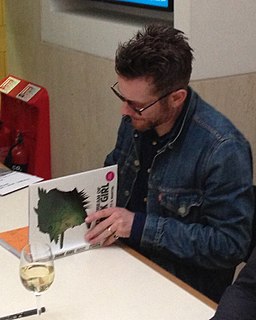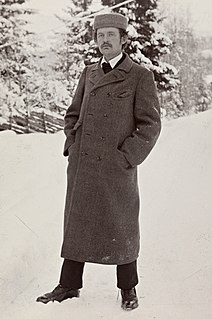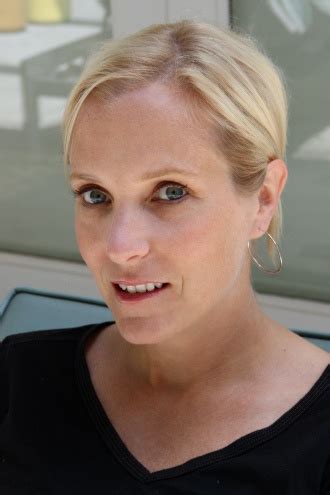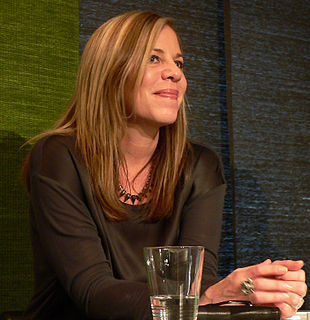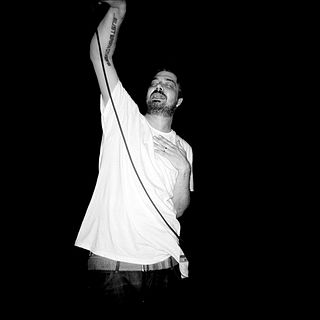A Quote by Dianna Agron
Photography has definitely been my favorite way to remember things. At least for me that’s how my brain processes things, of memories or moments - if I take a picture of it I can remember so many more details. I think it’s about choosing the exact picture in my head that signifies or symbolizes a moment - almost as if you’re using film. It’s almost archaic.
Related Quotes
It’s about reaching that moment of pure ecstasy when a drawing just happens. Where every move you make with your hand and every thought you have in your head grows in front of you without any mistakes; no rubbing out, starting again and getting frustrated. It’s like being in a trance - it’s a fluid - and you almost don’t remember doing the picture. Drawing is an escape from all the unnecessary things in life that get in the way of being free.
Some things you forget. Other things you never do. But it's not. Places, places are still there. If a house burns down, it's gone, but the place--the picture of it--stays, and not just in my remory, but out there, in the world. What I remember is a picture floating around out there outside my head. I mean, even if I don't think if, even if I die, the picture of what I did, or knew, or saw is still out there. Right in the place where it happened.
I'm surprised by how much I remember [on childhood on film]. I think it's just because I had these interesting moments. Of course, you never know when they're interesting moments, but there was a lot of stuff that I remember and have attached significance to later. I remember enough. I remember highlights.
Photography is inherently an analytic discipline. Where a painter starts with a blank canvas and builds a picture, a photographer starts with the messiness of the world and selects a picture. A photographer standing before houses and streets and people and trees and artifacts of a culture imposes an order on the scene - simplifies the jumble by giving it structure. He or she imposes this order by choosing a vantage point, choosing a frame, choosing a moment of exposure, and by selecting a plane of focus.
You do remember things that people say in movies. You remember particular lines and things that are funny. But, you also remember really strong images. Images have a way of bypassing your brain and hitting you emotionally. There are so many things from movies that are remembered, that are just looks on people's faces or incredible vistas or beautiful pictures. That is a very important part of cinema.
There's basically an element of fiction in everything you remember. Imagination and memory are almost the same brain processes. When I write fiction, I know that I'm using a bunch of lies that I've made up to create some form of truth. When I write a memoir, I'm using true elements to create something that will always be somehow fictionalized.
And I start to say, no. Start to ask him to please just take it off and put it away. Start to explain how it holds far too many memories for me. But then I remember what Damen said once about memories - that they're haunting things. And because I refuse to be haunted by mine - I just take a deep breath and smile when I say, "You know, I think it looks really good on you. You should defiantly keep it.
I do remember at my very first opening in 1979 another artist coming up to me, and he was haranguing me, saying, "Did you really intend for these things to be so dumb? You just put it there and took a picture of it." He wouldn't let it go. So that's what made me think about the dumbness aspect more.



